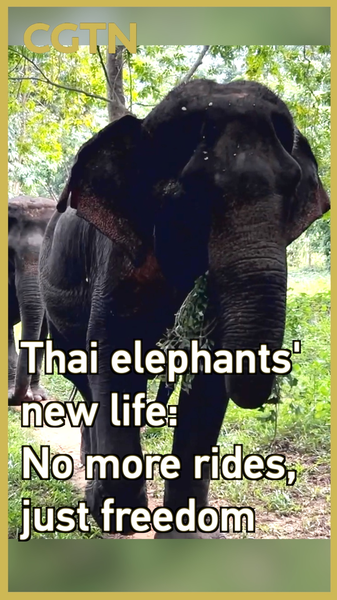In a landmark move for wildlife conservation and ethical tourism, Elephant Forest Phitsanulok in Thailand has bid farewell to elephant rides and shows. Instead, five female elephants now roam freely across a 1.44-kilometer protected forest, embodying a new model of sustainable travel.
Among them is Si-bua, a 50-year-old elephant bearing the scars of her logging past. Once silent, Si-bua has rediscovered her playful spirit and become a "wild teacher," guiding visitors in understanding the elephants’ natural behaviors.
Backed by World Animal Protection, the sanctuary prioritizes tailored care and mental stimulation, ensuring each elephant thrives in a setting that mirrors their wild heritage. Mahouts have transitioned from controllers to caregivers, fostering trust and deepening the bond between humans and elephants.
Since adopting this approach, over 13 camps across Thailand have implemented similar models. According to Roatchana Sungthong, Thailand chief of World Animal Protection, "We’ve proven animal welfare and stable income can go hand in hand," underlining the financial viability of ethical tourism.
This pioneering sanctuary isn’t just about protecting elephants—it’s a call to action for travelers and changemakers worldwide to support experiences that champion wildlife welfare and cultural respect. As World Animal Day on October 4 approaches, Elephant Forest Phitsanulok stands as a living tribute to compassion in action.
Reference(s):
cgtn.com




